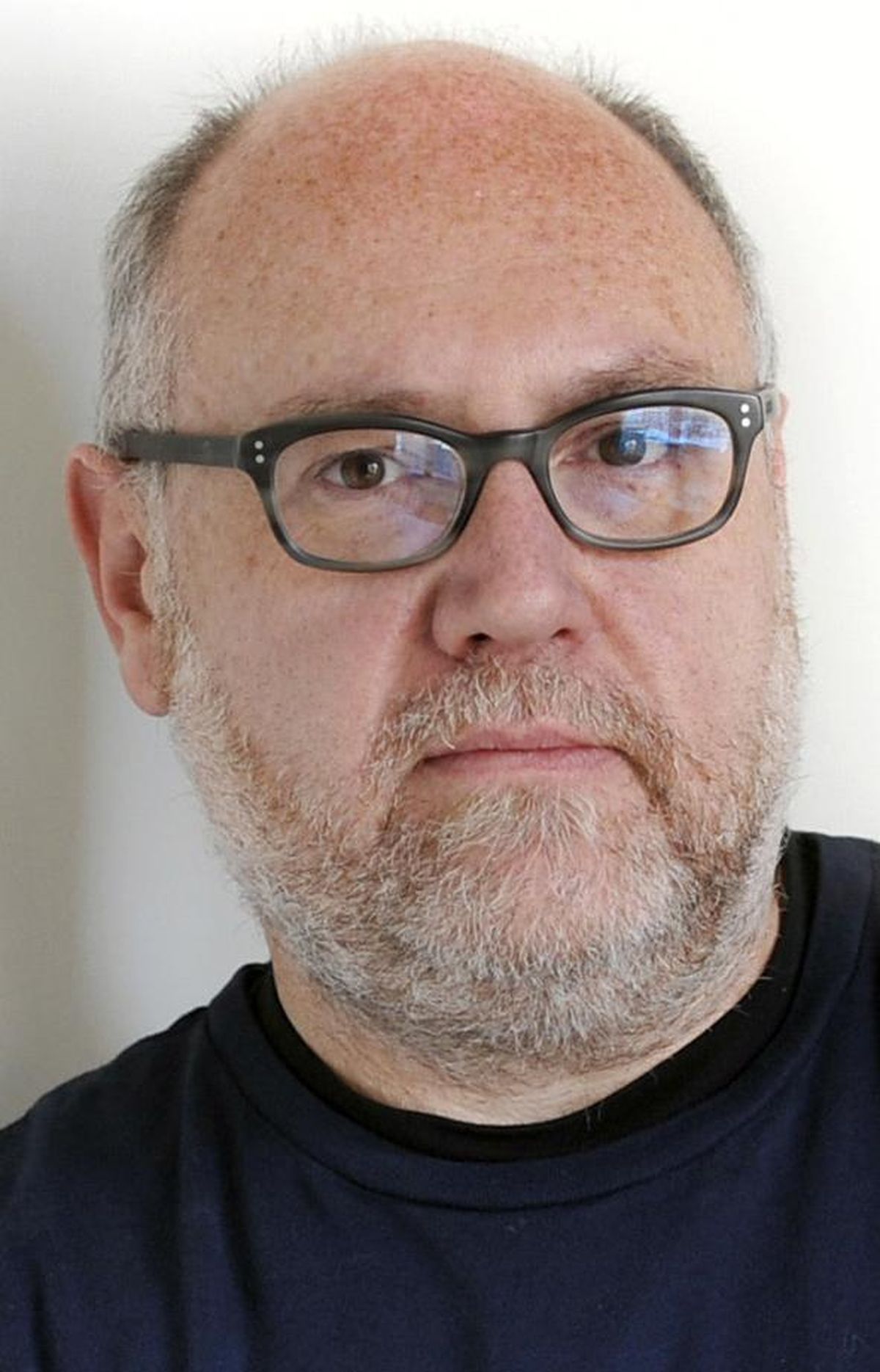This column reflects the opinion of the writer. Learn about the differences between a news story and an opinion column.
Shawn Vestal: Even if the homeless can’t be ‘fixed,’ Spokane should keep offering help

I’ve been thinking a lot lately about Randall and Steven, about panhandling and rocks under the freeway, about how our city responds when helping the homeless becomes challenging.
Randall Sluder and Steven Hackett were Spokane men who died after the most stubbornly, sadly homeless lives – addicted and facing complicated depths of other problems, they were also often resistant to helping hands.
Sluder died in December 2015, apparently after taking a traumatic fall. He was a fixture in homeless programs, a regular in emergency rooms and frequent subject of complaints to the police. “I’m a habitual trespasser,” Sluder once told me, matter-of-factly.
Hackett died in June, found in an alley near where he regularly panhandled outside the Dutch Bros. at Division Street and Sharp Avenue. The cause of death was alcoholic ketoacidosis, a result of heavy drinking. At 27, he was much younger than the 58-year-old Sluder, but his family and others said he was similarly resistant to the helping hand.
Randall and Steven, and people like them, represent perhaps the toughest frontier in the effort to combat homelessness – people who, for a host of reasons, remain unhelped, unhoused, un-“fixed.”
What then?
This strikes me as a crucial question for Spokane right now. Maybe the crucial question, in this summer where the visible signs of homelessness downtown seem to be surging even as efforts to house and help homeless people grow.
The city’s recent decision to dump rocks at the site of a homeless encampment under the freeway was a misbegotten effort to answer this question, and a lot of people in Spokane raised hell about it. That’s one of the great things about this community, I think: When it seems like a bum’s rush is being orchestrated, people take a stand for a more compassionate response.
But it must also be said: No Rocks isn’t really sufficient as the beginning and end of the conversation.
There were legitimate concerns about safety and harassment from neighbors of that encampment, including Lewis and Clark High School and businesses on Third Avenue. And many of the most vociferous critics of the decision seemed to be under the impression that the city wasn’t doing anything else for the homeless – that move-em-out was the sole policy.
That impression is far out of date. The investment in new homeless housing in recent years is dramatic. The city and nonprofits have teamed up to maintain a 24/7 shelter system – there is literally a place to go for shelter if you’re a man, or a woman, or a family, or a teenager. City government has taken on the issue with force and creativity, moving more people into housing more quickly than in the past and establishing a community court that tries to provide help to people charged with nonviolent nuisance crimes.
Meanwhile, officials working with the homeless set the goal of ending homelessness in Spokane. Ending it. Solving it. Fixing it. I have a lot of respect for those who have made this their goal, but I’ve also wondered whether this was the right lens through which to view the challenge. As a problem we will solve, rather than a commitment we will make.
When you say you’re going to fix something, after all, it’s fair when people ask later why it’s not fixed. And if it’s not fixed, some will surely argue, why bother helping homeless people at all? Why not just let them suffer the logical consequences of their own poor decisions, to put it simplistically?
Because it’s not that easy, of course, and because the logical consequences spread to all of us, if the humanitarian consequences do not: Chronic “superusers” of public services, like Randall was, are extraordinarily expensive, in terms of police, fire, health care and other costs. Working to keep them as healthy as possible pays off in strictly financial terms, even if at the end of the day they don’t undergo some great awakening. These folks are often the most resistant to help. If you put down rocks where they sleep and point them to the shelter, some of them won’t go, however sound a path it may seem to you or me.
What then? No Rocks can’t be the only answer, but neither can Rocks With a New Sign Advertising All Our Available Services. Not for everyone. Not for those still among us who lived lives like Randall and Steven did. Who did not respond to the help they were offered – or that was sometimes heaped on them – in the hoped-for ways.
What then?
I say: Help anyway. With eyes wide open. That’s so easy to say and so hard to do. Spokane has gotten a lot right in recent years, but it’s still coming up with an answer.
